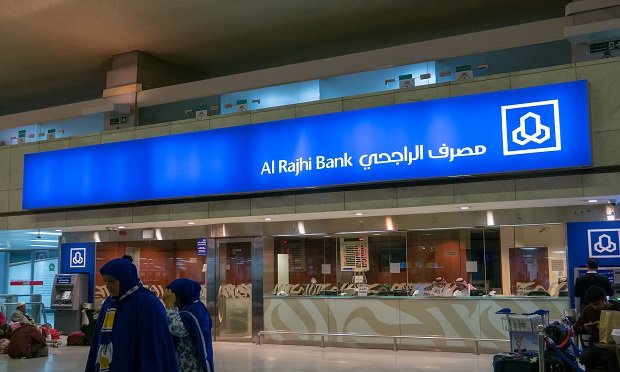 Dozens of insurance carriers sued Al Rajhi Bank, a Saudi Arabian bank, asserting that it aided and abetted al Qaeda's terrorist attacks on the United States on September 11, 2001. (Photo: Shutterstock)
Dozens of insurance carriers sued Al Rajhi Bank, a Saudi Arabian bank, asserting that it aided and abetted al Qaeda's terrorist attacks on the United States on September 11, 2001. (Photo: Shutterstock)
The U.S. Court of Appeals for the Second Circuit has reversed a district court's decision dismissing a lawsuit filed by dozens of insurance companies against a Saudi bank alleging its "specific intent to further terrorism in the United States" in connection with the September 11, 2001, terrorist attacks on the United States and ruled that the lawsuit may proceed.
|The case
Dozens of insurance carriers sued Al Rajhi Bank, a Saudi Arabian bank, asserting that it aided and abetted al Qaeda's terrorist attacks on the United States on September 11, 2001.
Recommended For You
Want to continue reading?
Become a Free PropertyCasualty360 Digital Reader
Your access to unlimited PropertyCasualty360 content isn’t changing.
Once you are an ALM digital member, you’ll receive:
- Breaking insurance news and analysis, on-site and via our newsletters and custom alerts
- Weekly Insurance Speak podcast featuring exclusive interviews with industry leaders
- Educational webcasts, white papers, and ebooks from industry thought leaders
- Critical converage of the employee benefits and financial advisory markets on our other ALM sites, BenefitsPRO and ThinkAdvisor
Already have an account? Sign In Now


